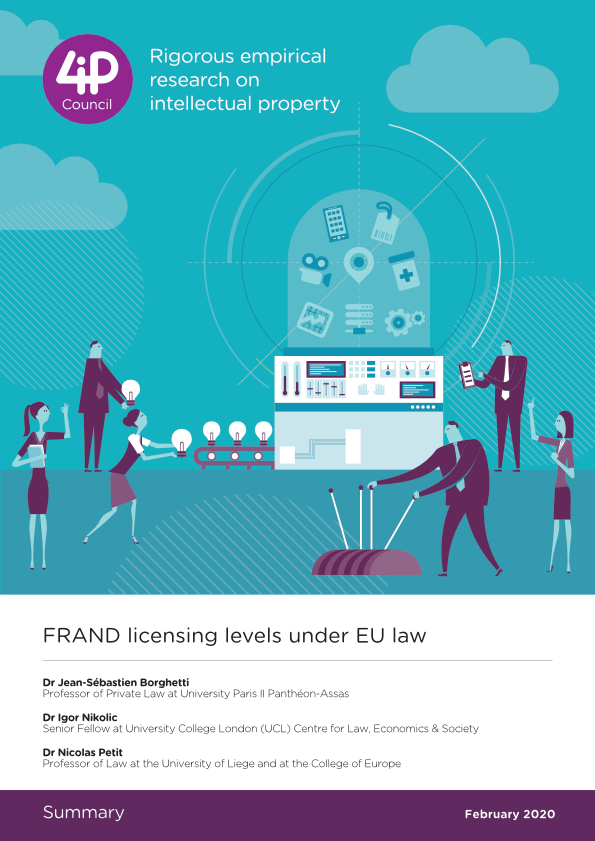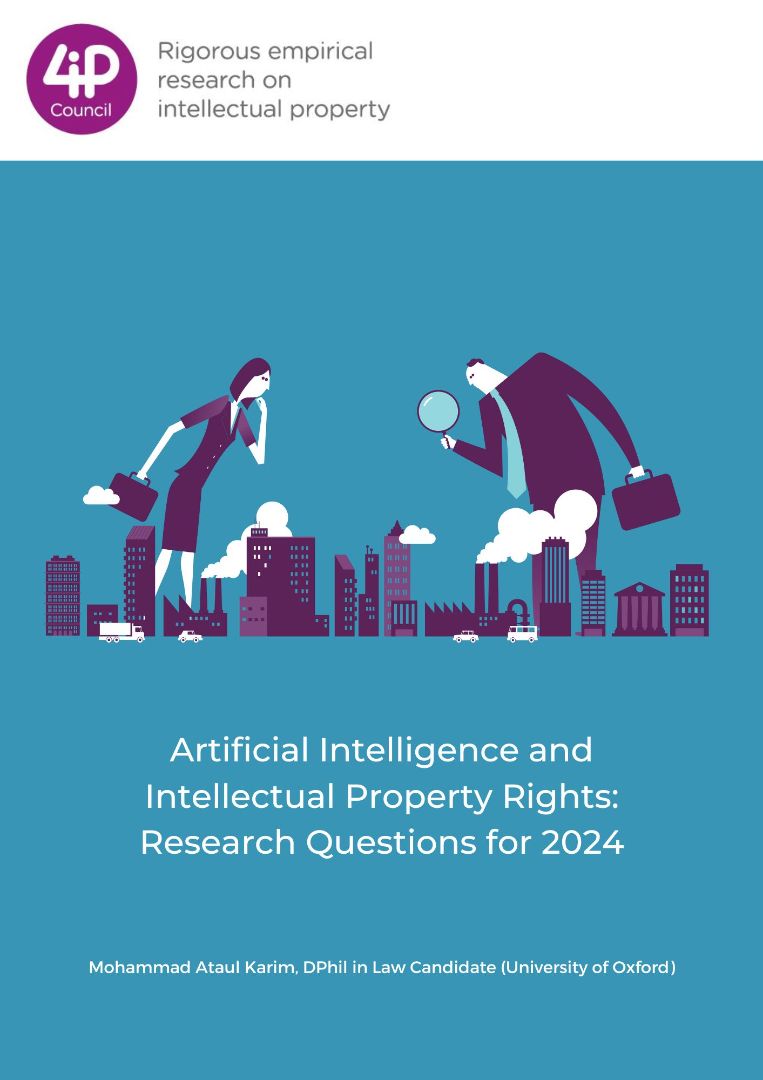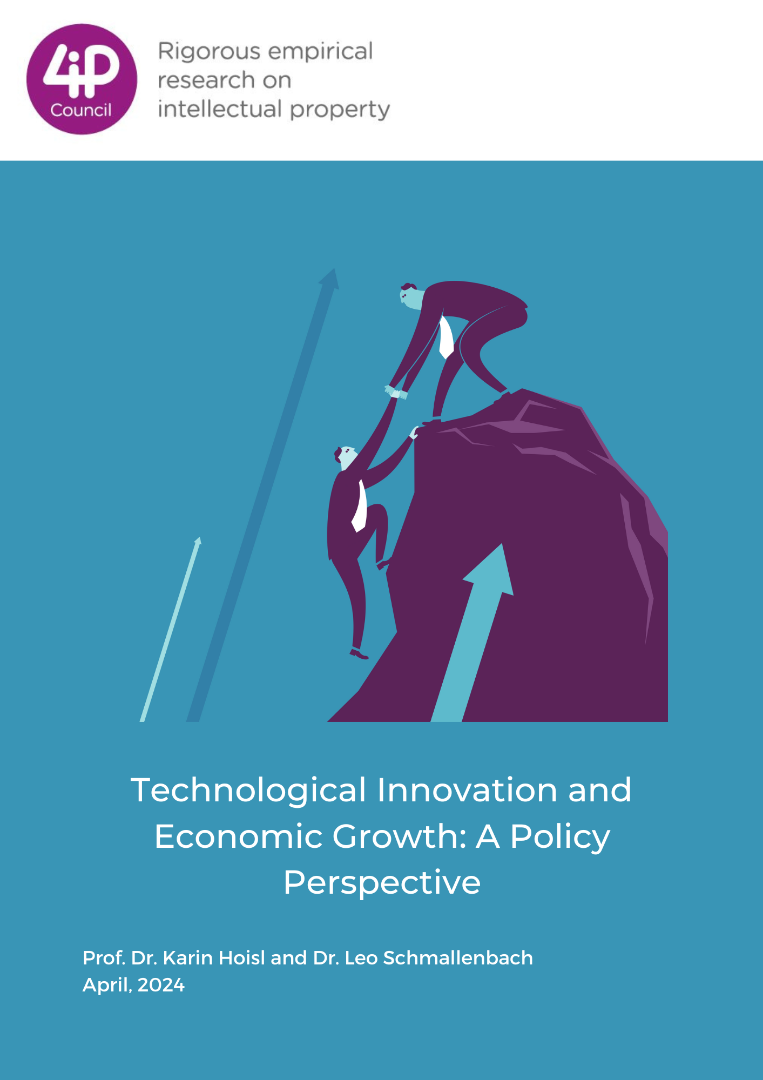FRAND Licensing Levels Under EU Law
Jean-Sébastien Borghetti, Igor Nikolic and Nicolas Petit
Summary
The Internet of Things will see 5G and other interoperability standards deliver a new wave of digitisation to many industries. Automotive, health, home appliances, industrial robots, defence industries and many more will be connected to the internet and have products communicating with each other. In this changed environment the proper licensing framework of standard essential patents (SEPs) and the meaning of commitments taken by SEP owners at the request of Standard Setting Organisations (SSOs) to license their SEPs on fair, reasonable and non-discriminatory (FRAND) terms will grow even more important.
The question at which point to license in the production chain is becoming topical in the IoT debate. On the one hand, current industry practice is for SEP owners to choose at which level of the production chain to license, which is usually the end-product device (“access to all” or ATA). ATA has been justified by arguments that functionality of the standard is realised in end-product devices, as well as on efficiency grounds: i) transaction costs savings in negotiating with one group of licensees; ii) the ease of monitoring and compliance with royalty payments and use of products; iii) the possibility to obtain mutual cross-licenses and iv) to ensure non-discrimination between similarly situated licensees. Under ATA approach, SEP holders exercise their patent rights by choosing the level of the supply chain at which they want to conclude licenses, and firms located elsewhere in the value chain indirectly benefit having access to standard without the need to directly obtain a license. On the other hand, there are arguments that SEP owners must license at all levels of the value chain to any company that requests a license (“license to all” or LTA). LTA approach considers that components (such as baseband chip) best reflect the value of a standardised technology and, therefore, that licences should be concluded with component manufacturers, or some other intermediate supplier. Basing royalties on end-products has been likened by some to a “tax on innovation” that inappropriately overcompensates SEP holders for the value of multiple inventions and components unrelated to the standardised technology.
The paper provides doctrinal analysis about what value chain licensing requirement the FRAND commitment actually does impose under EU law. Most of the existing literature on LTA v ATA is focused on normative arguments, while there is no comprehensive legal survey of the actual requirements imposed by a FRAND commitment under European and national law.






